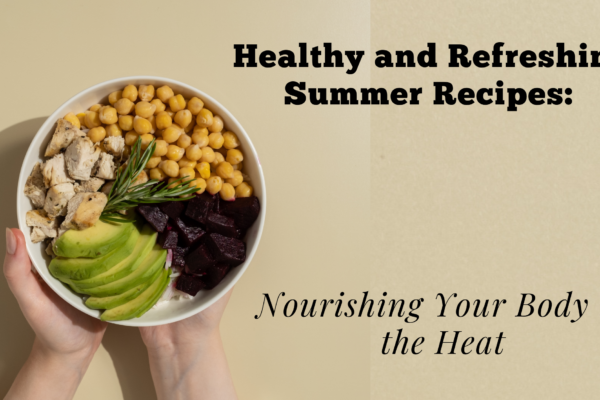As the world continues to grapple with the COVID-19 pandemic, there has been an increasing interest in natural ways to boost immunity. While there is no magic pill or formula for a perfect immune system, there are several natural ways that can help to strengthen your body’s natural defenses against infections and diseases.
In this blog post, we will explore some of the best natural ways to boost your immune system, including dietary changes, lifestyle modifications, and other tips that you can start implementing today.
Eat a healthy and balanced diet:

One of the most effective ways to boost your immune system naturally is by eating a healthy and balanced diet. A diet that is rich in fruits, vegetables, whole grains, lean protein, and healthy fats can provide your body with the essential nutrients that it needs to function properly and fight off infections.
Some of the best foods that you can add to your diet to boost your immune system include:
- Citrus fruits: Citrus fruits like oranges, lemons, limes, and grapefruits are high in vitamin C, which is essential for a healthy immune system.
- Berries: Berries like strawberries, blueberries, and raspberries are rich in antioxidants and vitamin C, which can help to protect your cells from damage and boost your immune system.
- Garlic: Garlic is known for its antibacterial, antiviral, and anti-inflammatory properties, which can help to boost your immune system and fight off infections.
- Ginger: Ginger is another natural anti-inflammatory and antibacterial food that can help to boost your immune system and fight off infections.
- Yogurt: Yogurt is rich in probiotics, which can help to improve your gut health and boost your immune system.
Get enough sleep:

Getting enough sleep is essential for a healthy immune system. When you sleep, your body releases cytokines, which are proteins that help to regulate your immune system. Lack of sleep can lead to a decrease in the production of cytokines, which can weaken your immune system and make you more susceptible to infections.
Adults should aim for 7-8 hours of sleep per night, while children and teenagers need even more sleep. If you have trouble sleeping, try to establish a regular sleep schedule, avoid caffeine and alcohol before bedtime, and create a relaxing sleep environment.
Exercise regularly:

Regular exercise can help to boost your immune system by improving circulation, reducing inflammation, and increasing the production of antibodies and white blood cells. Exercise can also help to reduce stress, which can weaken your immune system.
Aim for at least 30 minutes of moderate-intensity exercise most days of the week. This can include activities like walking, jogging, cycling, swimming, or yoga.
Manage stress:

Stress can have a negative impact on your immune system by increasing the production of cortisol, a hormone that can weaken your immune system. Chronic stress can also lead to inflammation, which can make you more susceptible to infections.
To manage stress, try to incorporate relaxation techniques like meditation, deep breathing, or yoga into your daily routine. You can also try to reduce stress by engaging in hobbies, spending time with friends and family, or seeking professional help if necessary.
Stay hydrated:

Drinking enough water is essential for a healthy immune system. Water helps to flush toxins out of your body and keep your cells hydrated, which can help to boost your immune system and prevent infections.
Aim for at least 8-10 glasses of water per day, and avoid sugary or caffeinated beverages, which can dehydrate your body.
Take immune-boosting supplements:

While a healthy diet and lifestyle are the best ways to boost your immune system naturally, there are also several supplements that can help to support your immune system.












